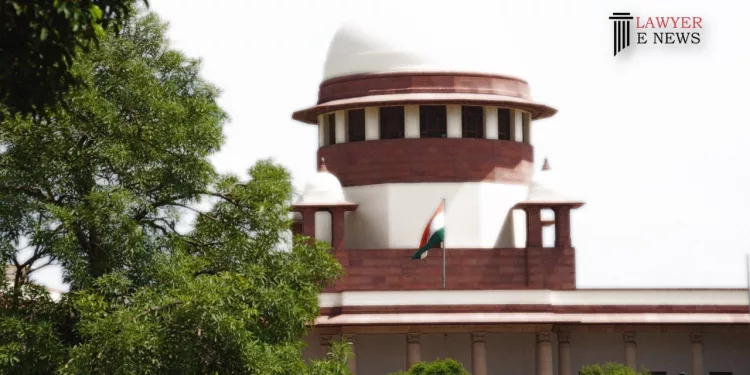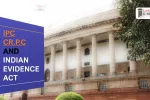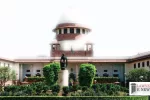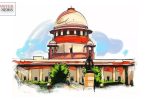High Court’s Decision to Discharge Accused Overturned by Supreme Court: ‘Interlocutory Application for Discharge Not Maintainable,’ Says SC

On 03 August 2023 , the Supreme Court of India has reversed the High Court’s judgment and order that discharged the accused in a high-profile corruption case. The case, titled *State of Karnataka Lokayukta Police vs. S. Subbegowda*, pertained to allegations of corruption against a former Executive Engineer of the Karnataka Urban Water Supply and Drainage Board.
The accused, S. Subbegowda, had filed multiple applications seeking discharge from the charges under Section 13(1)(e) read with Section 13(2) of the Prevention of Corruption Act, 1988. The primary contention was that the sanction granted by the government to prosecute him was illegal and without jurisdiction.
The trial court had initially dismissed the accused’s applications for discharge, and subsequently, the High Court allowed the accused’s petition and discharged him from the offences charged. However, the Supreme Court held that the High Court’s intervention was not warranted at that stage.
The apex court observed that once the cognizance was taken by the Special Judge and the charges were framed against the accused, any interlocutory application for discharge becomes not maintainable. The court emphasized that the accused should have raised the issue of validity of sanction at an earlier stage, preferably during the framing of charges or during the final stage of trial arguments.
Justice Bela M. Trivedi, in the judgment, highlighted the importance of the stage at which the accused should challenge the validity of sanction. The court noted, “The combined reading of sub-section (3) and (4) of Section 19 makes it clear that notwithstanding anything contained in the Code, no finding, sentence, or order passed by a Special Judge shall be reversed or altered by a Court in appeal, confirmation or revision on the ground of, the absence of, or any error, omission, or irregularity in the sanction required under sub-section (1), unless in the opinion of the Court, a failure of justice has, in fact, been occasioned thereby.”
The Supreme Court set aside the High Court’s order and directed the trial court to proceed with the trial from where it had stopped. The court further clarified that the accused is entitled to raise the issue of the validity of sanction during the final stage of trial arguments.
The judgment also cited the legal maxim “nemo debet bis vexari pro una et eadem causa” (No one ought to be vexed twice for the same cause), emphasizing that if the sanction is found to be invalid, the trial court can discharge the accused and relegate the parties to a stage where a valid sanction can be granted for prosecution in accordance with the law.
Date of Decision: 03-08-2023
STATE OF KARNATAKA LOKAYUKTA POLICE vs SUBBEGOWDA






